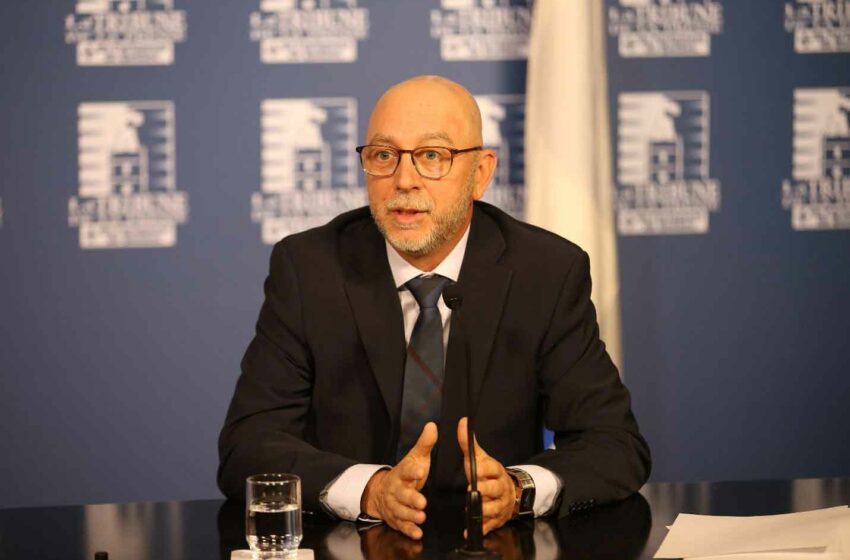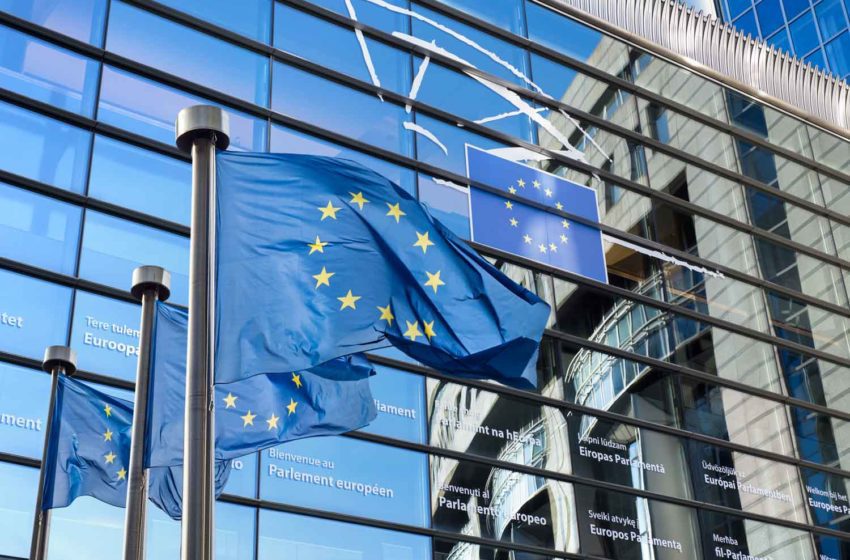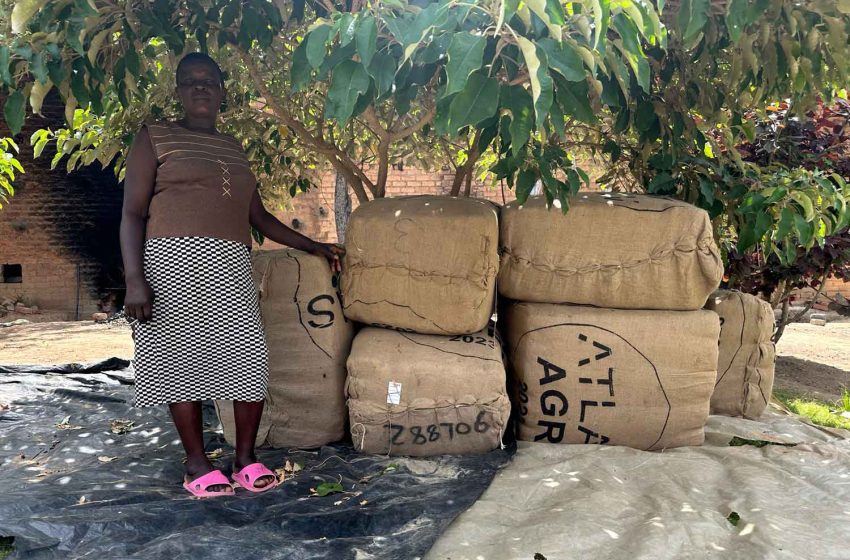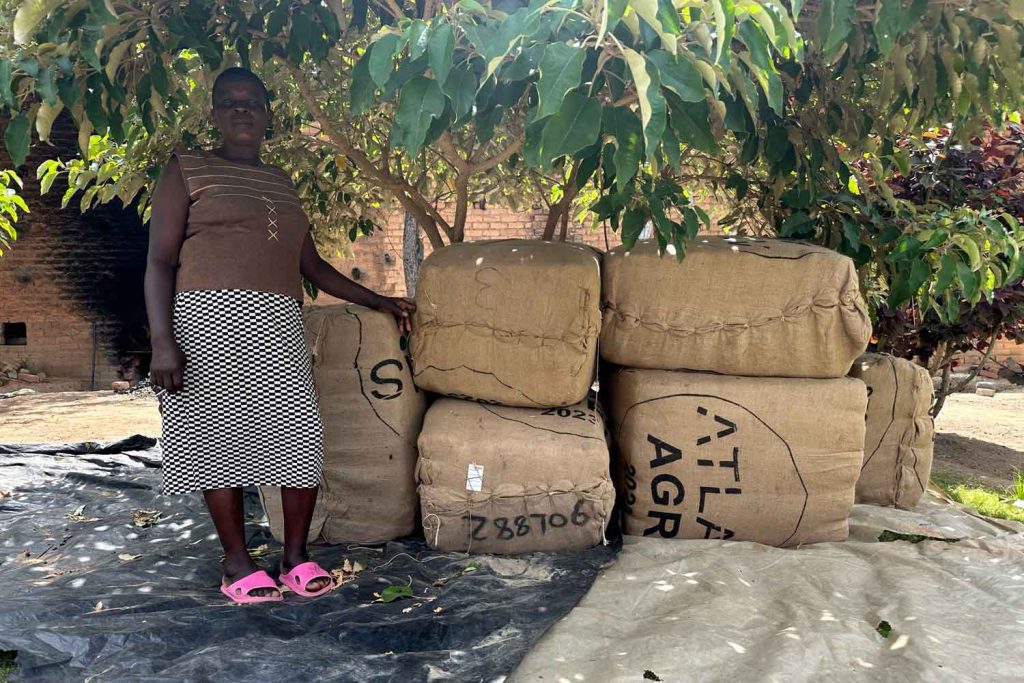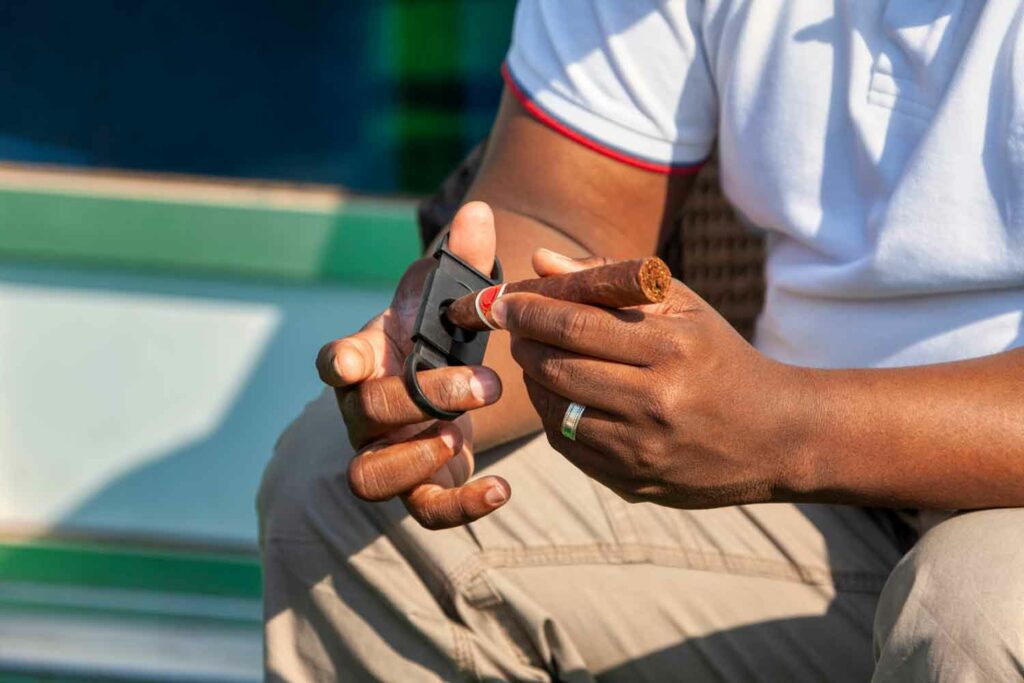
Imperial Tobacco Canada is urging the government of Quebec to crack down on illegal flavored vaping products.
Three months after the law banning flavors in vaping products came into force, flavored e-cigarettes remain available at a large number of retail outlets that either infringe on the law or are using a variety of tactics to circumvent the law, according to Imperial Tobacco Canada, which is part of British American Tobacco.
“We are aware of the growing concern with the proliferation of products that circumvent the regulations, resulting in the creation of an illicit market,” said Imperial Vice-President of Corporate and Regulatory Affairs Eric Gagnon in a statement.
“We recently identified over 200 sales outlets that sell non-compliant vaping products. These stores have not adjusted to the new regulations and continue to offer a wide range of flavored products, including those that exceed the maximum permitted quantity of 2 ml.”
According to Imperial, these stores now also sell flavor enhancers as a way to circumvent the new regulation. “Given that these enhancers are not intended to be vaped, they can pose serious risks to consumers who use them,” the company wrote in a press note. “It is also because of a similar illegal market that a wave of lung diseases spread between 2019 and 2020 in the U.S., claiming 68 lives.”
Imperial says that instead of meeting its objective of tackling vaping among young people, the government has created a thriving illicit market.
During a Jan. 21 appearance on the talk show Tout le monde en parle Health Minister Christian Dubé blamed tobacco companies for the situation.
Imperial Tobacco Canada said it strongly refutes the allegations. “As a responsible company that fully complies with the regulations in place, we denounce these abuses and reiterate our call for stronger enforcement of the law,” said. Gagnon. “We warned the minister’s office several months ago about the inevitable collateral damage that would result from such a regulation being implemented. Unfortunately, nothing was done, and the situation persists as a result.”

